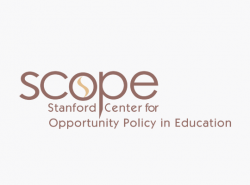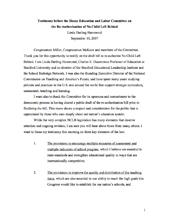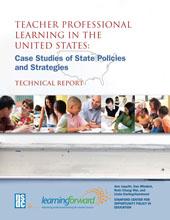Colloquium Provocation Paper: Pay Attention to the Culture of Schooling

Prudence Carter examines what we mean by equity in education in the 21st century through the lens of economic and educational disparities.

Prudence Carter examines what we mean by equity in education in the 21st century through the lens of economic and educational disparities.

A transcript of Linda Darling-Hammond's 2007 testimony before the House Education and Labor Committee on the draft bill to re-authorize No Child Left Behind.

Linda Darling-Hammond discusses the need to move beyond a collection of disparate and shifting reform initiatives in the U.S. to a thoughtful, well-organized and well-supported set of policies.

Linda Darling-Hammond argues that value-added assessments are too unstable a measure for evaluating individual teachers.

Linda Darling-Hammond comments in Education Week on the successes and shortcomings of Teach for America and ways to get an effective teacher in every classroom.
Frank Adamson and Linda Darling-Hammond examine how and why well-qualified teachers are inequitably distributed to students in the United States.
This project investigates Milwaukee's unique reform approach that applies both an aggressive school choice plan and a managed instruction approach.

Ann Jaquith et al. examine the policies and practices of four states that have increased access to effective professional development and improved student achievement.
SRN and the National Staff Development Council release new report on the status of professional learning for teachers in the United States.
SCOPE is working with district, school, industry, non-profit, and higher educational leaders in California to help build and advance the field of Linked Learning.